The Impact Of Flooding On Agricultural Communities In Yemen
2024-03-18
Executive Summary Yemen's agricultural...
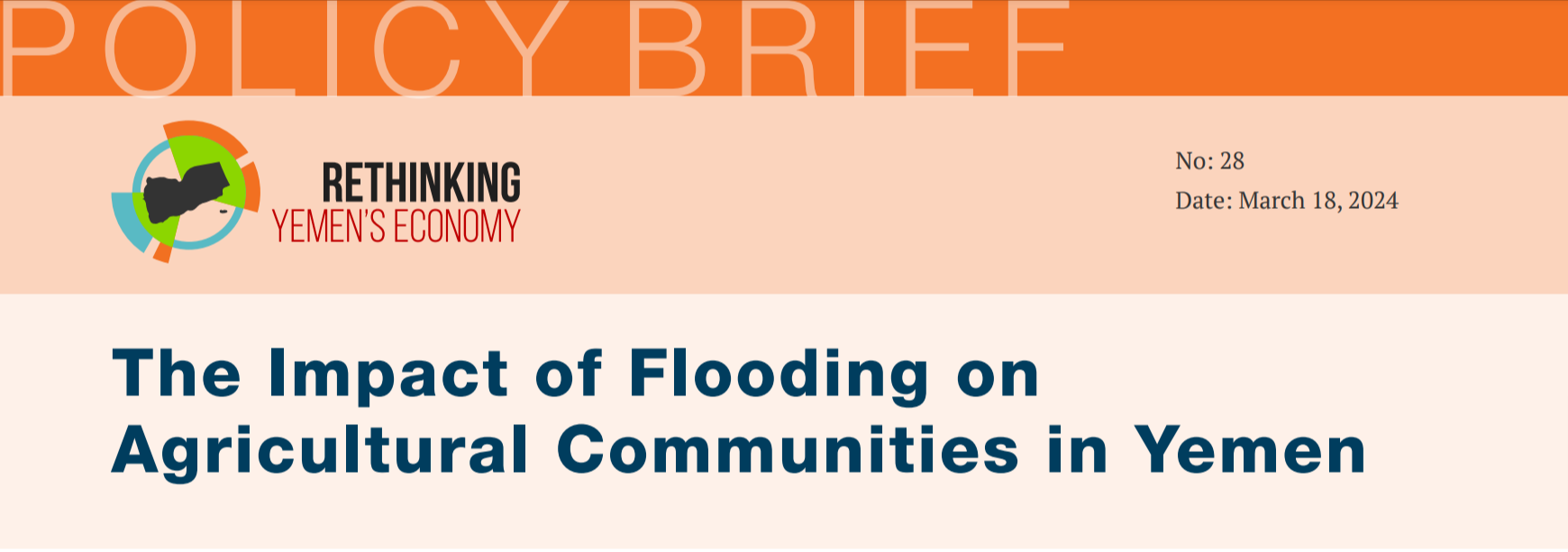
2024-03-18
Executive Summary Yemen's agricultural...
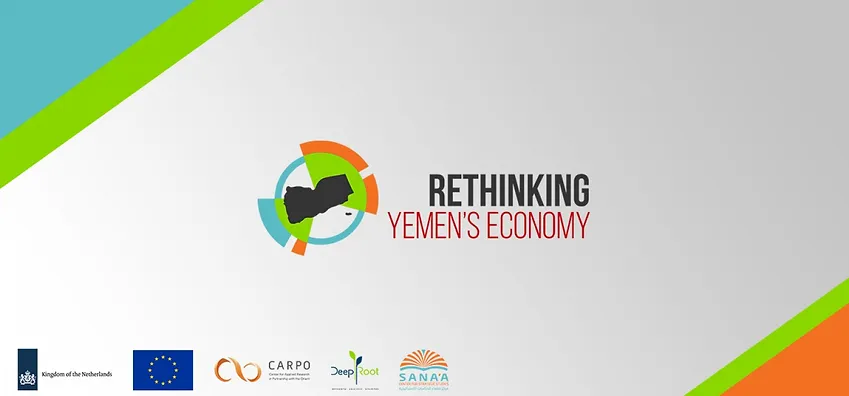
2024-02-06
This policy brief outlines a set of recommendations...
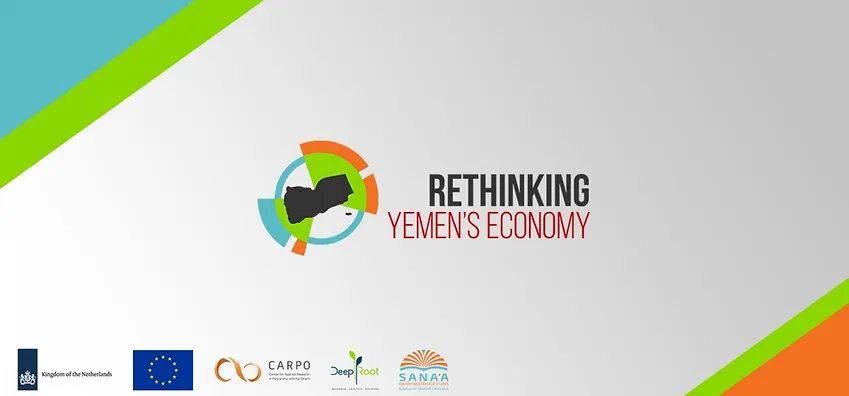
2023-12-12
Since April 2022, the war in Yemen has mutated from...

2023-07-20
The conflict in Yemen has reversed decades of development pr...
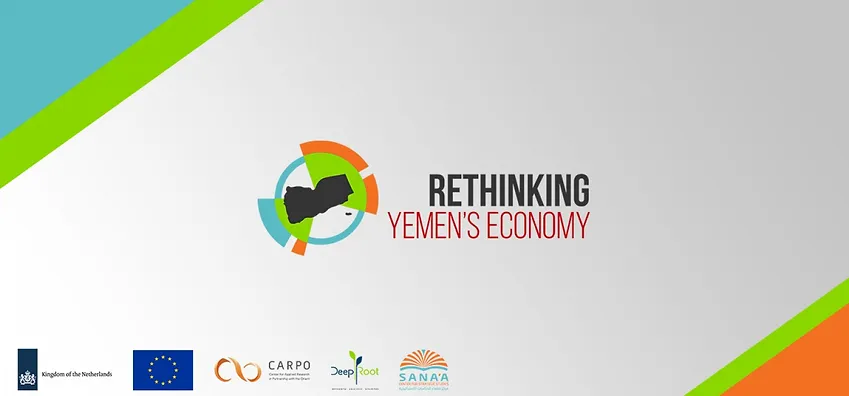
2023-03-15
Poor electricity services remain a key barrier to sustainabl...
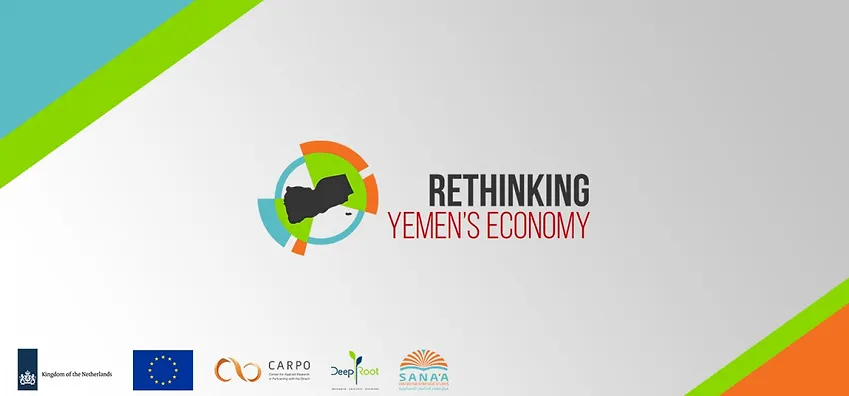
2022-07-06
For decades prior to the ongoing conflict, Yemen had been vu...
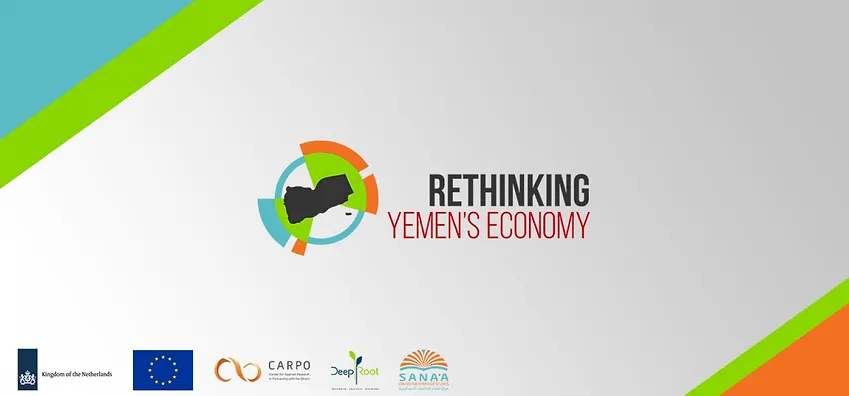
2022-03-23
Yemen is predominantly a rural country, with over 70% of the...
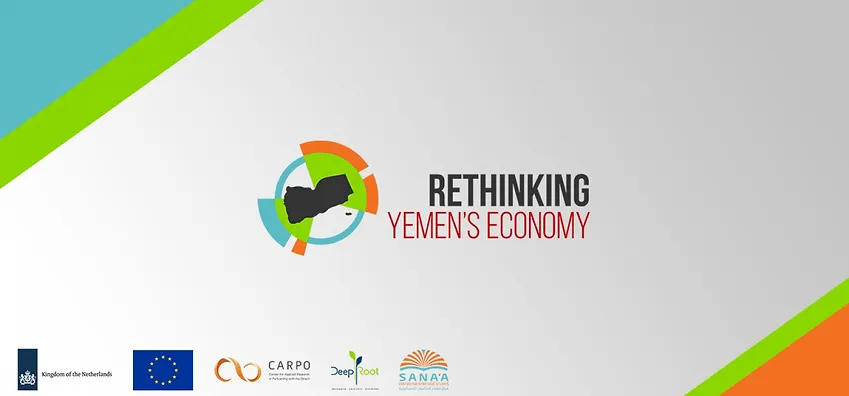
2022-03-11
Yemen has a heavily cash-based economy with low levels of fi...